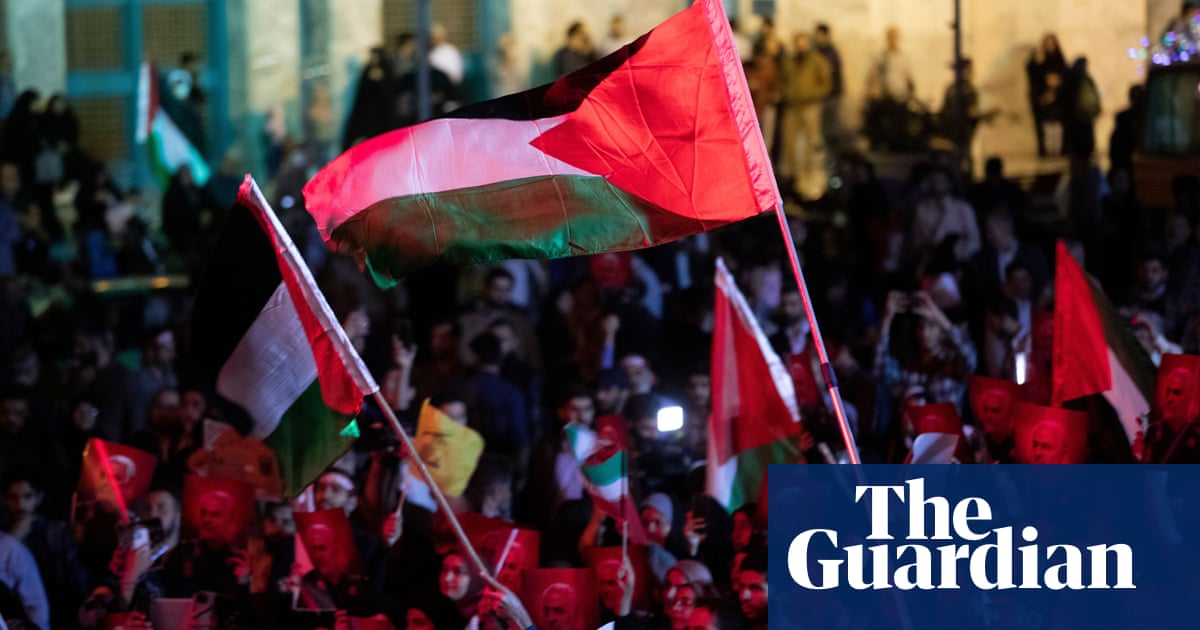
DUBAI, Jan 18 (Reuters) - An Iranian ethnic Arab separatist leader went on trial in Iran on Tuesday on charges of involvement in an attack on a 2018 military parade that killed 25 people and several other bombings, state media reported.
Iran said in 2020 that its security forces arrested Habib Farajollah Chaab, a dissident Swedish-Iranian dual national, without saying where or how he was captured.
Neighbouring Turkey later detained 11 people, accusing them of involvement in Chaab"s abduction and smuggling to Iran. read more
At Tuesday"s trial, Chaab was charged with leading the separatist Arab Struggle Movement for the Liberation of Ahwaz, which seeks a separate state in the oil-rich Khuzestan province in southwestern Iran, and plotting and carrying out "numerous bombings and terrorist operations" including the attack on the military parade, the state news agency IRNA reported.
The prosecutor charged Chaab with being "corrupt on Earth", a capital offence under Iran’s strict form of Islamic law, IRNA said.
Another separatist group, also seeking independence for Khuzestan, claimed responsibility for the parade attack that killed 12 members of Iran"s elite Revolutionary Guards.
Islamic State militants also claimed responsibility. Neither claim provided evidence.
The trial comes amid tensions between Iran and Sweden, which is prosecuting a former Iranian official arrested in Stockholm in late 2019 for having allegedly played a leading role in mass executions of political prisoners in Iran in 1988. read more
The official, Hamid Noury, has denied the charges and Iran"s judiciary on Monday denounced the hearing as a "show trial", the semi-official news agency Fars reported.
Iran has had tense relations with its ethnic minorities, including Arabs, Kurds, Azeris and Baluch, and has accused them of aligning with neighbouring countries rather than Tehran.
Arabs and other minorities have long said they face discrimination in Iran, a charge the state rejects.
The Islamic Republic"s top authority, Supreme Leader Ayatollah Ali Khamenei, said at the time of the parade attack that the assailants were financed by Iran"s main regional rival Saudi Arabia and the United Arab Emirates.
Saudi Arabia and the UAE denied Khamenei"s allegations.











